Lambda Literary Fellow Jen St. Jude grew up in New Hampshire apple orchards and now lives in Chicago with her wife, daughter, and dog. Their debut YA novel, IF TOMORROW DOESN’T COME, will be published by Bloomsbury Children’s (US) and Penguin Random House (UK) in 2023.
I had the opportunity to interview Jen, which you can read below.
CW: Discussion about mental illness and death.
First of all, welcome to Geeks OUT! Could you tell us a little about yourself?
Thank you so much! I’m a big fan of your organization, so this is fun for me. I’m a queer YA writer who truly loves to geek out about anything I love. That includes books, of course, but also women’s sports, pop music, and queer-coded action films.
What can you tell us about your debut book, If Tomorrow Doesn’t Come? What was the inspiration for this story?
I’ve been working on this novel for over a decade now, and for so many years it was just a constellation of thoughts. Hard to say which one was the true start of it all, but I wrote my way into this story because I had so many questions. If we’re all going to die, why don’t we live that way? Why don’t we treat each other better, chase the things we want, experience every big and beautiful thing that we can? I also live with depression and when I started this book I was in some of my worst stretches. For many moments and years it was too debilitating to write. But when I could, I put these scenes and characters on the page in an attempt to ask why Avery felt the way she did, and could she ever feel better? Could people in the very worst circumstances still find some light?
Mental health is a big part of the conversation within and around this book. If you feel comfortable, could you talk a little about what writing about that means to you?
To this day, I feel shame around my mental illness, even though I know I shouldn’t. Even though I have been working on it so hard and for so long. Sometimes it’s romanticized in media and I was very aware of that in my writing; I didn’t want to do that. But in real life, it often looks like self-destruction, and worse, it impacts other people in a negative, devastating way if left unchecked. There is absolutely no shame in struggling, and if more people talked about this, more people would get help. Maybe everyone would hurt just a little less. This novel is my way of talking about it.
As a writer, what drew you to the art of storytelling, specifically speculative fiction, and young adult fiction?
When I was a little kid I would play with dolls for hours, or with my brother and the other neighborhood kids, imagine we were the characters from Power Rangers or Captain Planet and run around the yard making up stories about ourselves. I really think that was the beginning of it; writing fiction is play (even when it’s not feeling very fun). Speculative fiction in particular feels very liberating to me because we can explore our reality through a lens that makes us question our day-to-day, just a little. It also lets us feel ever so distant from the events happening in the story. It gives us perspective.
On our website, we’ve featured a few other writers who have Lambda Literary Fellow, such as Sacha Lamb and Lin Thompson. Could you maybe touch upon your experiences within the program?
Oh! The best question. I attended the Lambda Literary retreat for emerging writers during the summer of 2018 and was in the YA cohort. Like any writing workshop, it takes quite a bit of luck for it to work. It’s always about the chemistry and personalities of the group. But it was also the first time I was in an all-queer space for writers (actually maybe the only time I’ve been in that space), so it was transformative for my work. I used to be adamant that Avery wasn’t depressed because of her queerness, because I knew people were looking for queer joy and I didn’t want to imply being queer makes you mentally ill. In that workshop it became clear we all shared similar experiences and it shaped my perspective on the novel. No, Avery isn’t depressed because she’s a lesbian, but it’s also true that living in a family and culture that tells her she’s wrong, that she may go to hell, that she might lose everything she holds dear if she comes out…yeah, that’s not going to help.
The people in my cohort were the real magic of Lambda, though. emily danforth was our workshop leader, which was an entire dream come true. She was generous with her time and advice, and offered to read every single one of our novels if we completed them that year. The other writers in my cohort included Sacha Lamb and Lin Thompson, as well as Jas Hammonds (We Deserve Monuments), J.D. Scott (Moonflower, Nightshade, All the Hours of the Day), Avery Mead, Tia Clark, Amos Mac, Amal Haddad, Kirt Ethridge, and Caitlin Hernandez. I’m still in touch with everyone, but a group of us still talk every day (pretty much all day). It’s become one of my most treasured families.
How would you describe your writing process?
I’ll admit I’m still figuring it out. I’m working on a new project for the first time in a long time, and just trying to let myself have some fun and lean into the character dynamics and play around with setting and voice. Jas has said If Tomorrow Doesn’t Come is my winter book, and this next one is summer.
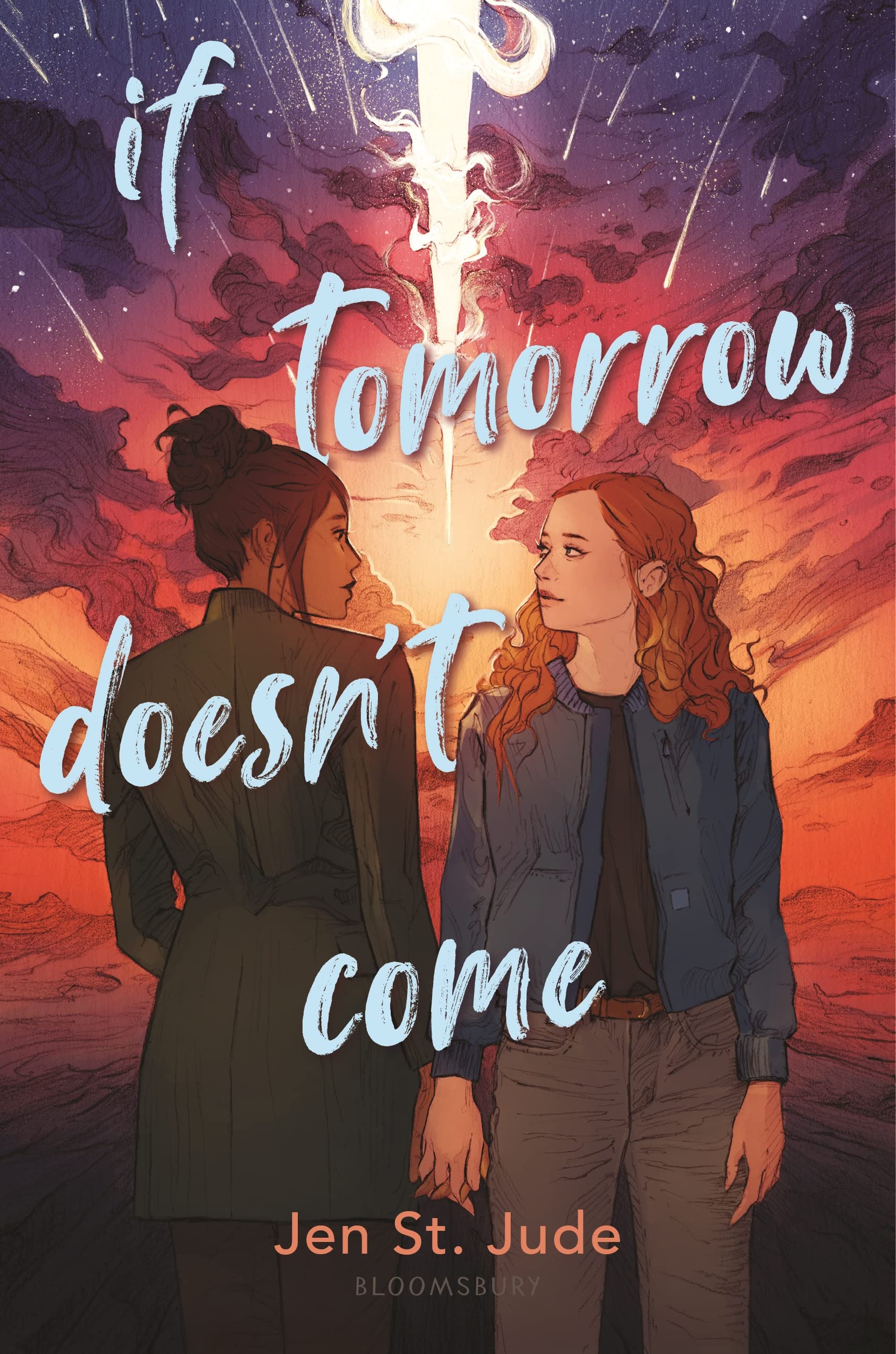
Many authors would say one of the most challenging parts of writing a book is finishing one. What strategies would you say helped you accomplish this?
I actually pursued my master’s almost completely because I just needed structure and help finishing a draft. I was having such a hard time on my own. Tip one: Did you know if you work at Harvard you can take classes at the Extension School for $40?! But tip two: You don’t need a master’s to finish your novel, but you may need some structure. You could create that through taking classes, joining a writing group, or finding a friend to hold you accountable. You’re not lazy and you’re probably not even uninspired, you might just need something to keep you on track. I’d also say that sometimes novels *should* sit dormant for a while. You collect live experiences and change as a person, and so your writing changes too.
Growing up, were there any stories in which you felt touched by/ or reflected in? Are there any like that now?
You know, not really? The first time I really saw myself on the page was when I read The Miseducation of Cameron Post as an adult. This is so completely embarrassing but I cried while telling emily that Cameron was the very first character I felt truly represented by. I could relate so much to the voice, so much to Cam’s desire, gender expression, and sense of humor. It took me a long time to realize I’m not alone in the way I thought I was.
What are some of your favorite elements of writing? What do you consider some of the most frustrating and/or challenging?
I really love sharing my work with my trusted peer readers. It’s such a joy to read their raw drafts and see how their brains work, and what their first instincts are. I also really appreciate their feedback on my work. I never know if scenes or lines or even specific words aren’t working until I get to see them through the eyes of someone else. I’m always deeply grateful for the time people spend in my messy drafts. I think one thing that’s really frustrating is how patient you have to be. I’m sort of a fixer by nature, so I want to just sit down and bang out a draft and know every answer. I’m always so embarrassed to not have the answer! But the truth is, it may not exist yet. I might need to go for a walk, read a beautiful book, or talk to a friend. Not everything I need to write exists in my head, and I always feel so frustrated until I remember I have to go out and find the tools and words I need.
What advice might you have to give for other aspiring writers?
Forgive yourself. For taking too long, for not writing, for not being perfectly polished. Forgive yourself if you don’t have time to read or write during a season in your life. Forgive yourself for your typos and your weaknesses. And find strength in that forgiveness. It all means you’re trying. It all means you’re wanting. I’m saying this because I need to hear it too.
Are there any other projects you are working on and at liberty to speak about?
I’m currently working on a second novel that is tentatively coming out from Bloomsbury in 2025. It may change completely, we’ll see. But right now it’s about a high school soccer team, climate change, and the way we keep people in our life when things are destroyed and shifted. And, yes, everyone’s gay.
Finally, what LGBTQ+ books/authors would you recommend to the readers of Geeks OUT?
Oh, I could be here all day! I read all genres and all age levels. Jas Hammonds, Lin Thompson, and Sacha Lamb are must-reads. But just a few more: In the adult romance space, my editor Camille Kellogg’s book Just as You Are. It’s a hilarious and deeply queer Pride and Prejudice retelling. I found it incredibly healing. I’m currently reading Alex Crespo’s San Juniper’s Folly and loving every minute of it—I keep pitching it as Practical Magic meets Cemetery Boys. Adrienne Tooley’s The Third Daughter is out this summer and it completely blew me away. Jenna Miller’s Out of Character is out now and it’s the role-playing romance you absolutely need.I so love Justine Pucella Winan’s Bianca Torre is Afraid of Everything, and they have a middle grade book out this fall too with Bloomsbury called The Otherwoods. Each book is so different but so playful and wonderful. Other MG favorites include Ellie Engle Saves Herself by Leah Johnson, Skating on Mars by Caroline Huntoon, Jude Saves the World by Ronnie Riley, and The Song of Us by Kate Fussner. And I am DYING to read Vicki Johnson’s picture book, Molly’s Tuxedo. A few more adult recs: Marissa Crane’s I Keep My Exoskeletons to Myself, Ruth Madiesky’s All Night Pharmacy, Endpapers by Jennifer Savran Kelly. I’m incredible excited for The First Bright Thing by J.R. Dawson. And finally (I am forcing myself to stop) I am writing this from Des Moines, Iowa where I met an author named Anya Anya Johanna DeNiro whose novel, OKPsyche is forthcoming from Small Beer Press. Their pitch: An unnamed trans woman is looking for a sense of belonging, a better relationship with her son, and friends that aren’t imaginary in this playful and aching short novel. I mean, yes! Sign me up. I cannot wait to read it.

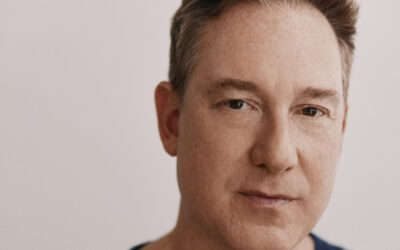
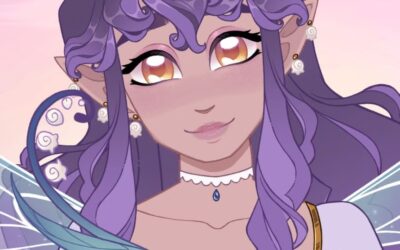
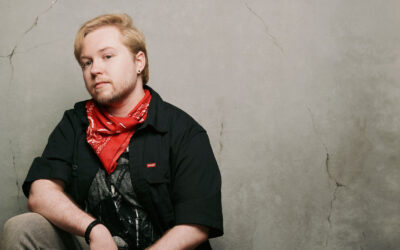
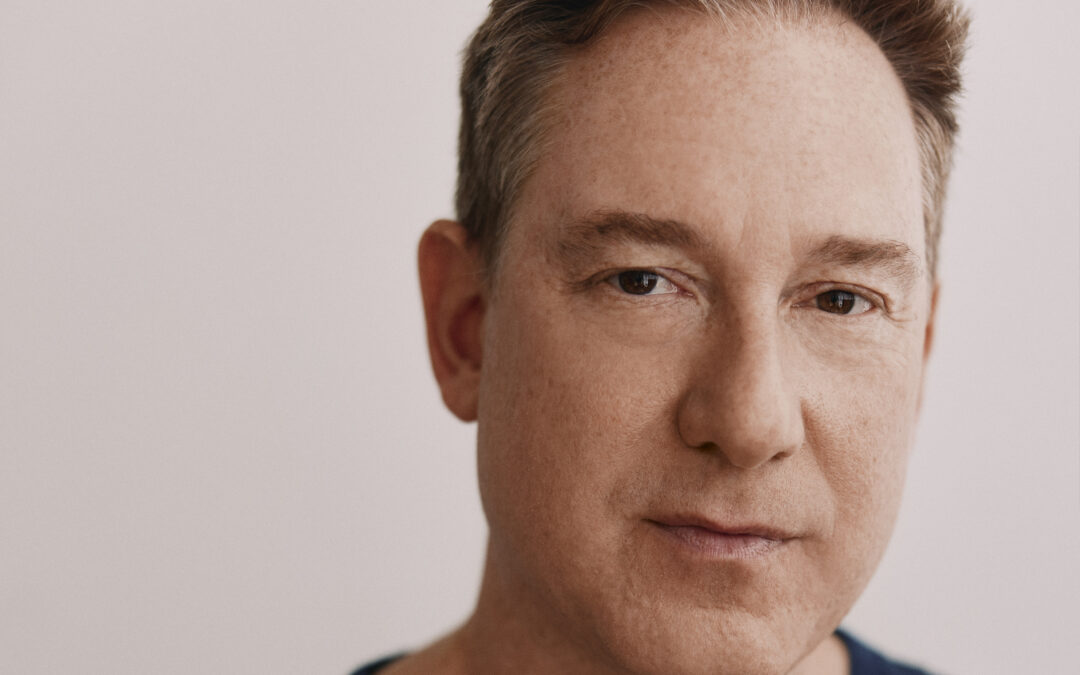
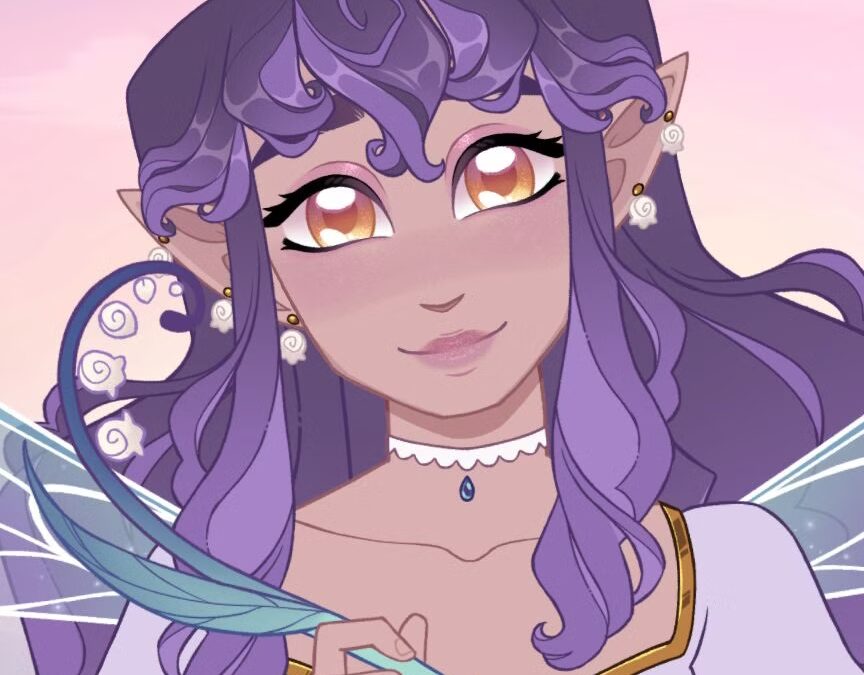
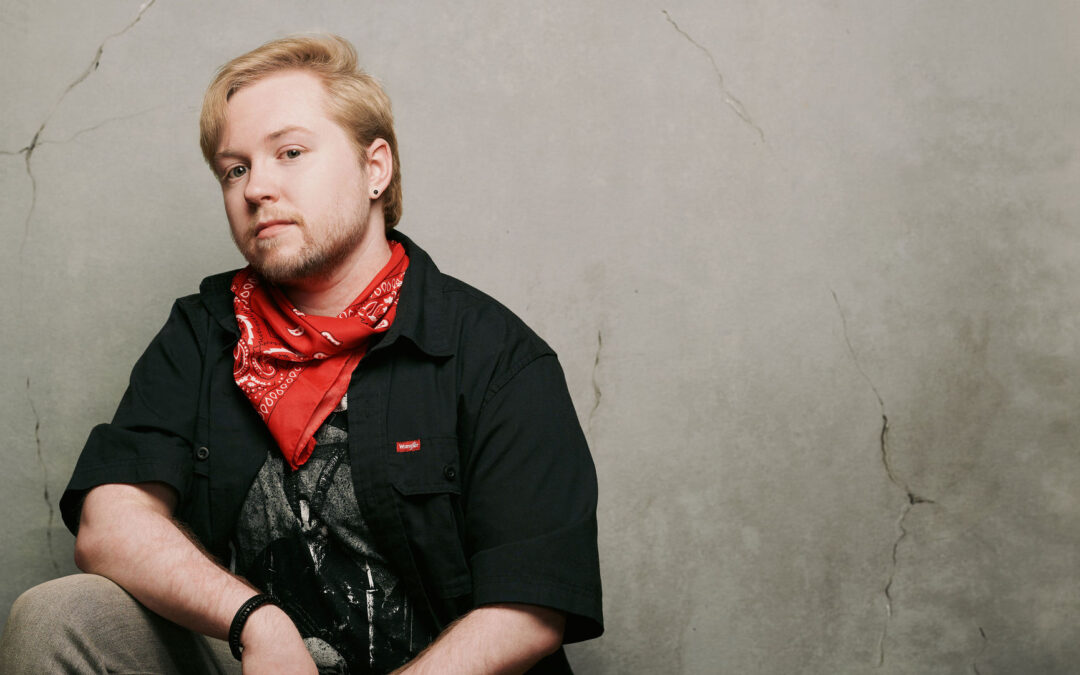
0 Comments